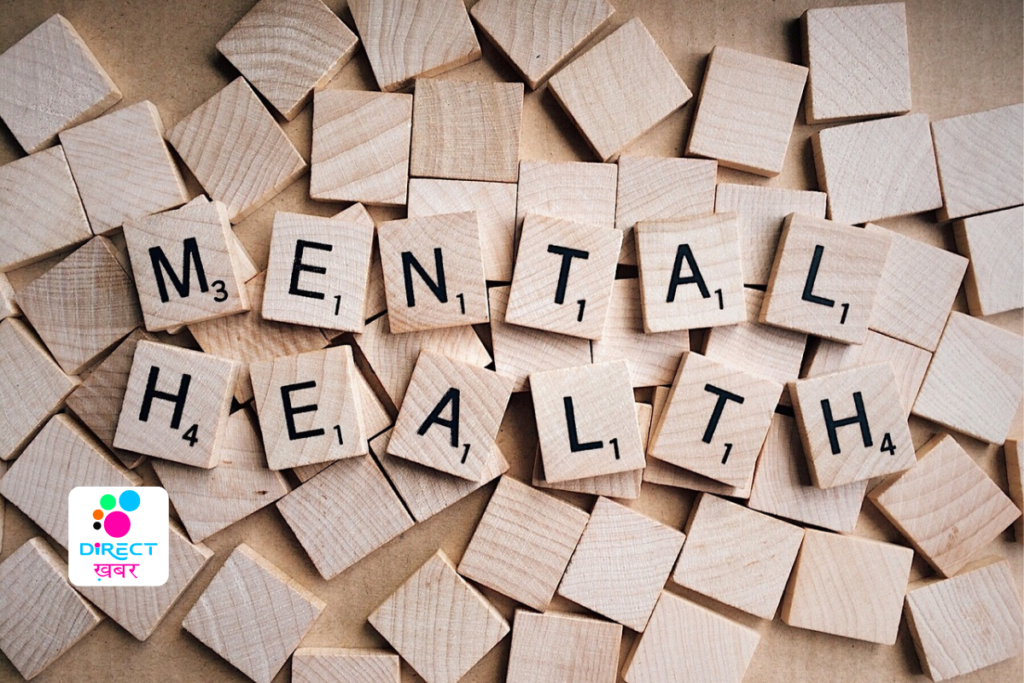The Link Between Heartbreak and Mental Health: Good or Bad?
Heartbreak, often portrayed in literature and cinema as a poignant yet temporary emotional state, can profoundly affect an individual’s mental health. Whether stemming from the dissolution of a romantic relationship, the loss of a loved one, or the rupture of a significant bond, the emotional aftermath can be complex and enduring. This essay delves into the multifaceted link between heartbreak and mental health, exploring its psychological manifestations, potential consequences, and avenues for coping and healing.
At its core, heartbreak encompasses a spectrum of emotions ranging from sadness, anger, and despair to feelings of rejection, loneliness, and betrayal. These emotions can be overwhelming, triggering a cascade of psychological responses that impact an individual’s well-being. One of the primary psychological reactions to heartbreak is grief. Similar to mourning the death of a loved one, individuals often experience a sense of loss and longing, mourning not only the relationship itself but also the future they envisioned with their partner.

Moreover, heartbreak can shatter one’s self-esteem and confidence, leading to feelings of inadequacy and self-doubt. Rejection, whether perceived or real, can inflict deep wounds on an individual’s psyche, fostering beliefs of unworthiness and unlovability. This can exacerbate existing insecurities and contribute to the development or exacerbation of mental health conditions such as depression and anxiety.
The duration and intensity of heartbreak’s impact on mental health can vary significantly among individuals. While some may navigate through the emotional turmoil with resilience and eventually find closure, others may struggle with persistent distress and psychological symptoms. Factors such as the nature of the relationship, attachment style, coping mechanisms, and available support networks play crucial roles in shaping the trajectory of recovery.
For some, heartbreak may serve as a catalyst for personal growth and self-discovery. It can prompt individuals to reevaluate their values, priorities, and life goals, leading to profound introspection and positive transformation. However, this process of self-renewal is often accompanied by periods of emotional upheaval and uncertainty, as individuals grapple with the pain of letting go and the challenges of forging a new identity outside the confines of the past relationship.
The psychological toll of heartbreak extends beyond the realm of interpersonal relationships, influencing various aspects of one’s life, including work, social interactions, and physical health. The pervasive sense of sadness and emotional distress can impair concentration, productivity, and decision-making abilities, compromising one’s professional and academic performance. Social withdrawal and isolation may ensue as individuals struggle to navigate social situations and interact with others amidst overwhelming feelings of grief and vulnerability.

Furthermore, the physiological effects of heartbreak should not be overlooked. Research suggests that intense emotional stress, such as that experienced during a breakup, can manifest in physical symptoms such as fatigue, insomnia, appetite changes, and even cardiovascular problems. The mind-body connection underscores the intricate interplay between emotional well-being and physical health, highlighting the importance of holistic approaches to healing and recovery.
Navigating the turbulent waters of heartbreak requires resilience, self-compassion, and proactive coping strategies. While the journey towards healing may be arduous and nonlinear, there are several evidence-based interventions and self-care practices that can support individuals in coping with the emotional aftermath of heartbreak. These may include:
1. Seeking professional support: Therapeutic interventions such as cognitive-behavioral therapy (CBT), mindfulness-based approaches, and grief counseling can provide individuals with the tools and guidance needed to process their emotions, challenge maladaptive thoughts, and develop healthier coping strategies.
2. Cultivating self-care habits: Engaging in activities that promote self-nurturance and well-being, such as exercise, meditation, creative expression, and spending time with supportive friends and family, can help individuals alleviate stress, boost mood, and enhance resilience.
3. Practicing self-compassion: Treating oneself with kindness and understanding during times of distress is essential for fostering emotional resilience and self-acceptance. Acknowledging and validating one’s feelings without judgment can facilitate the healing process and promote self-growth.

4. Establishing healthy boundaries: Setting boundaries with former partners or individuals who may exacerbate distress can safeguard one’s emotional well-being and facilitate the process of detachment and closure.
5. Embracing growth opportunities: Viewing heartbreak as an opportunity for personal growth and self-discovery can empower individuals to cultivate resilience, adaptability, and a deeper sense of self-awareness. Embracing new experiences, hobbies, and connections can help individuals reimagine their lives and pursue fulfillment outside the confines of past relationships.
Heartbreak exerts a profound influence on mental health, encompassing a myriad of emotional, psychological, and physiological dimensions. While the aftermath of heartbreak can be tumultuous and distressing, it also presents opportunities for self-reflection, growth, and renewal. By acknowledging and validating their emotions, seeking support when needed, and engaging in proactive self-care practices, individuals can navigate through the challenges of heartbreak and emerge stronger, more resilient, and ultimately, more empowered to embrace the journey of healing and self-discovery.






